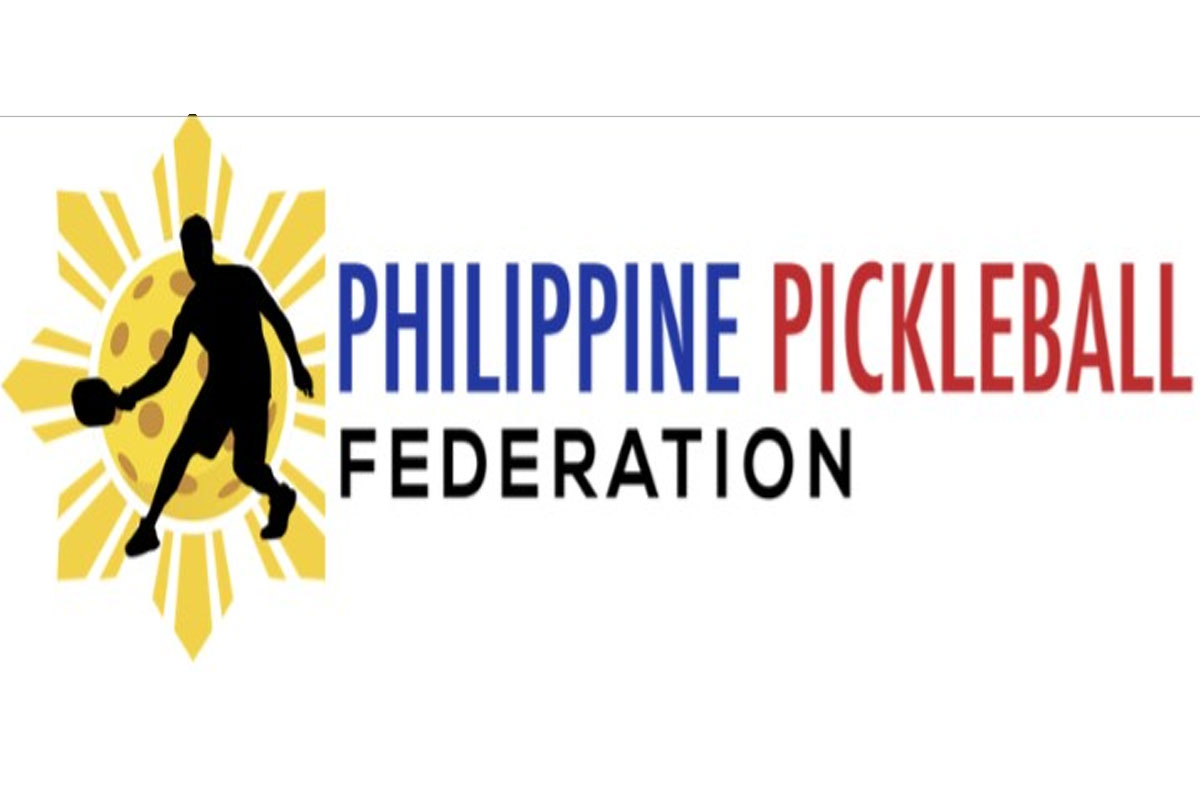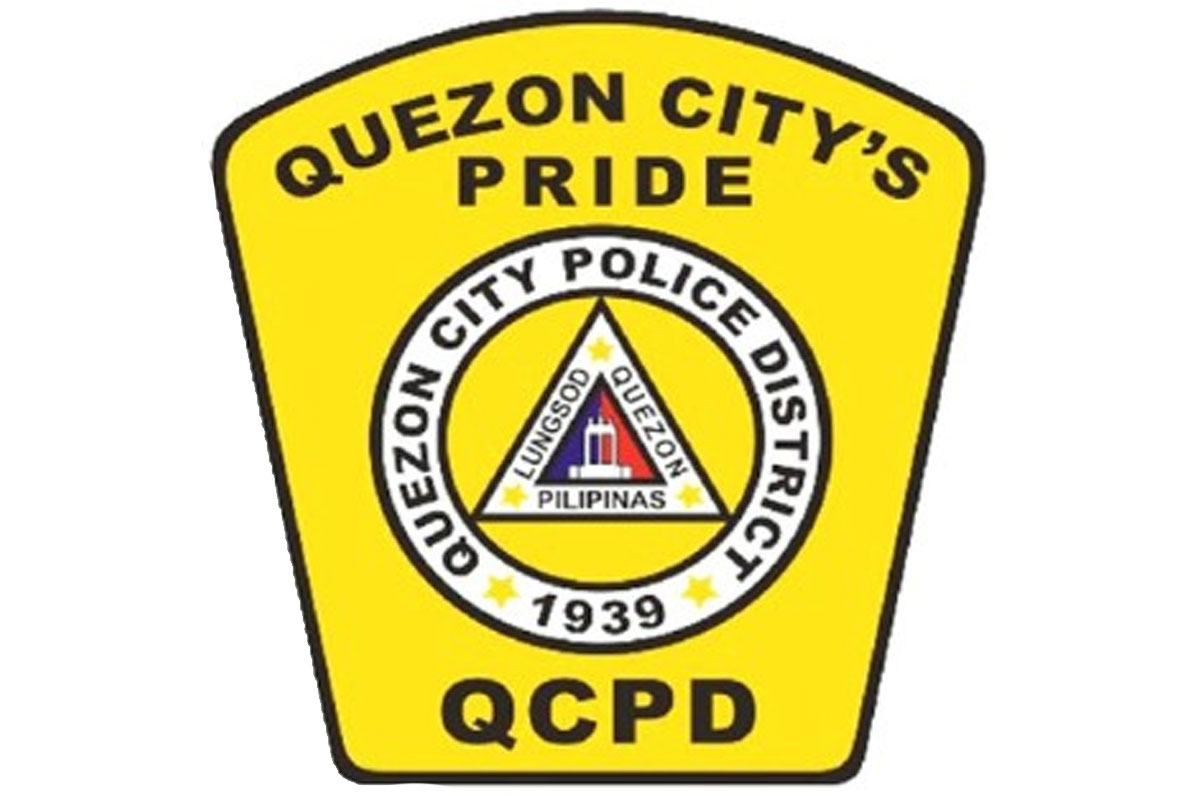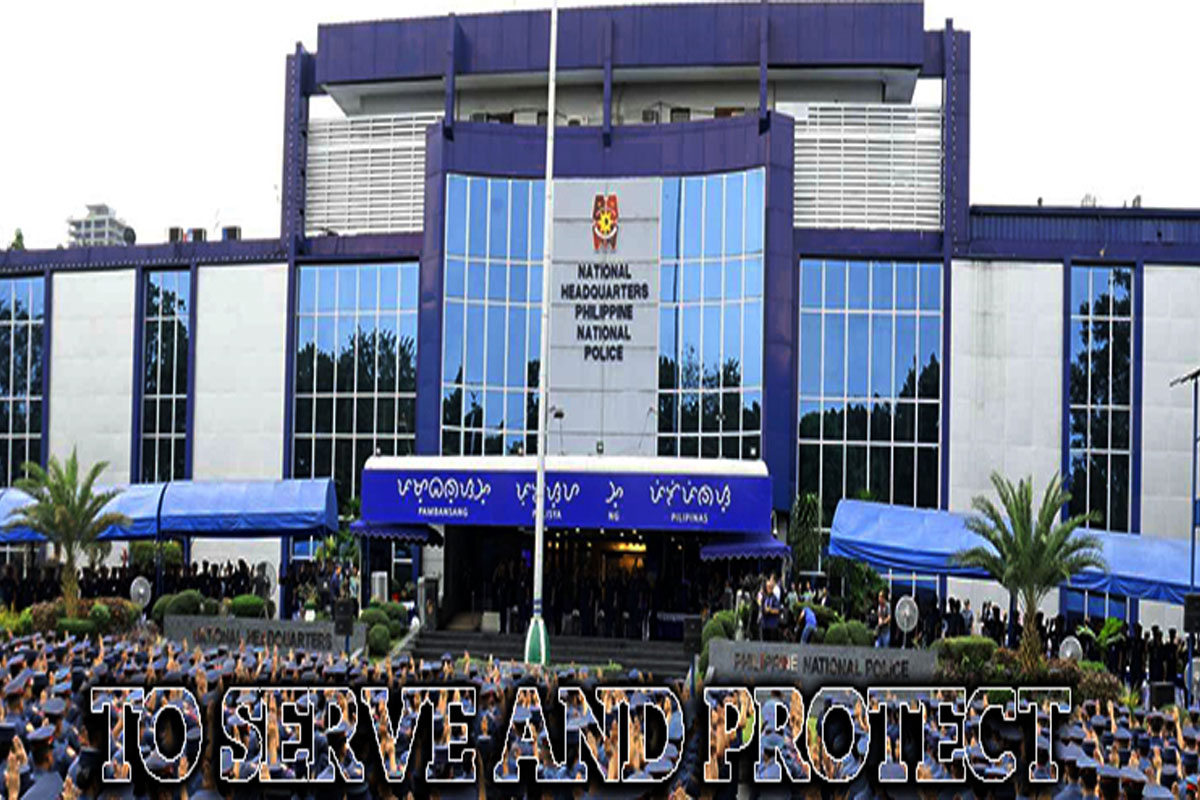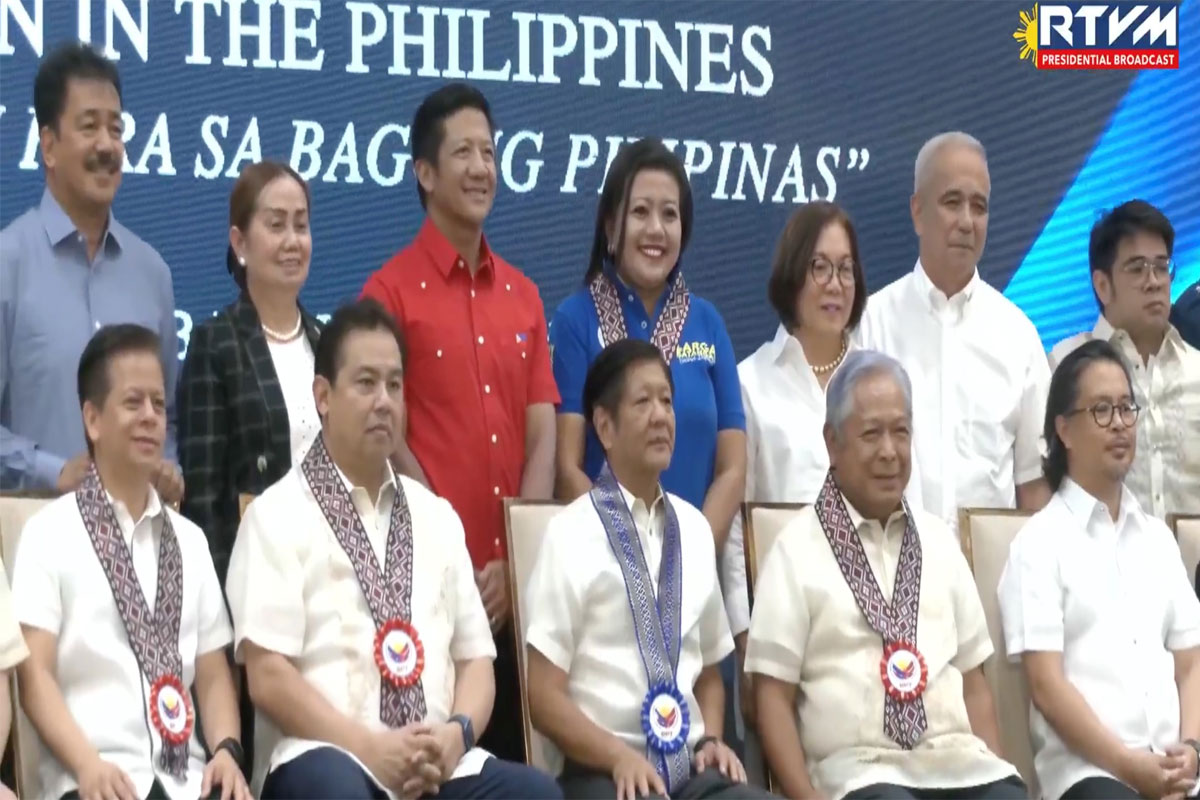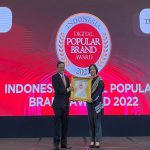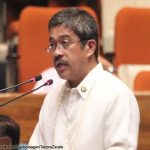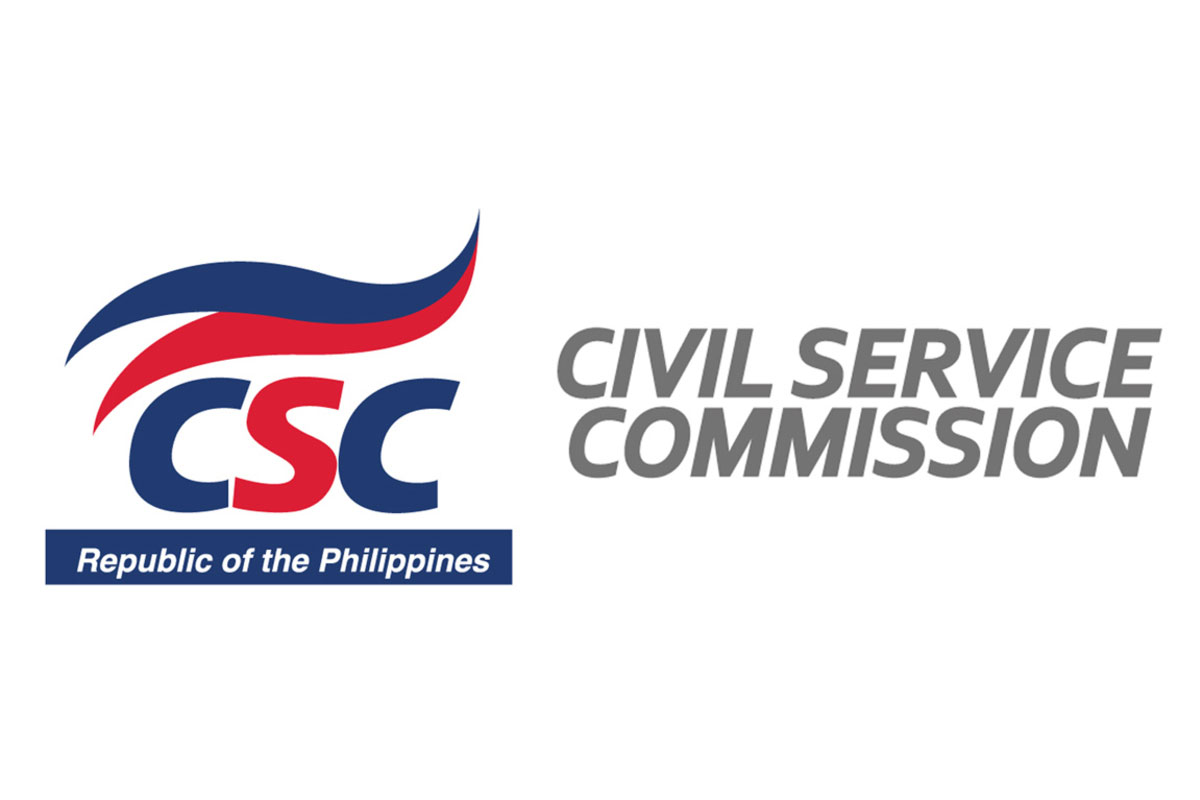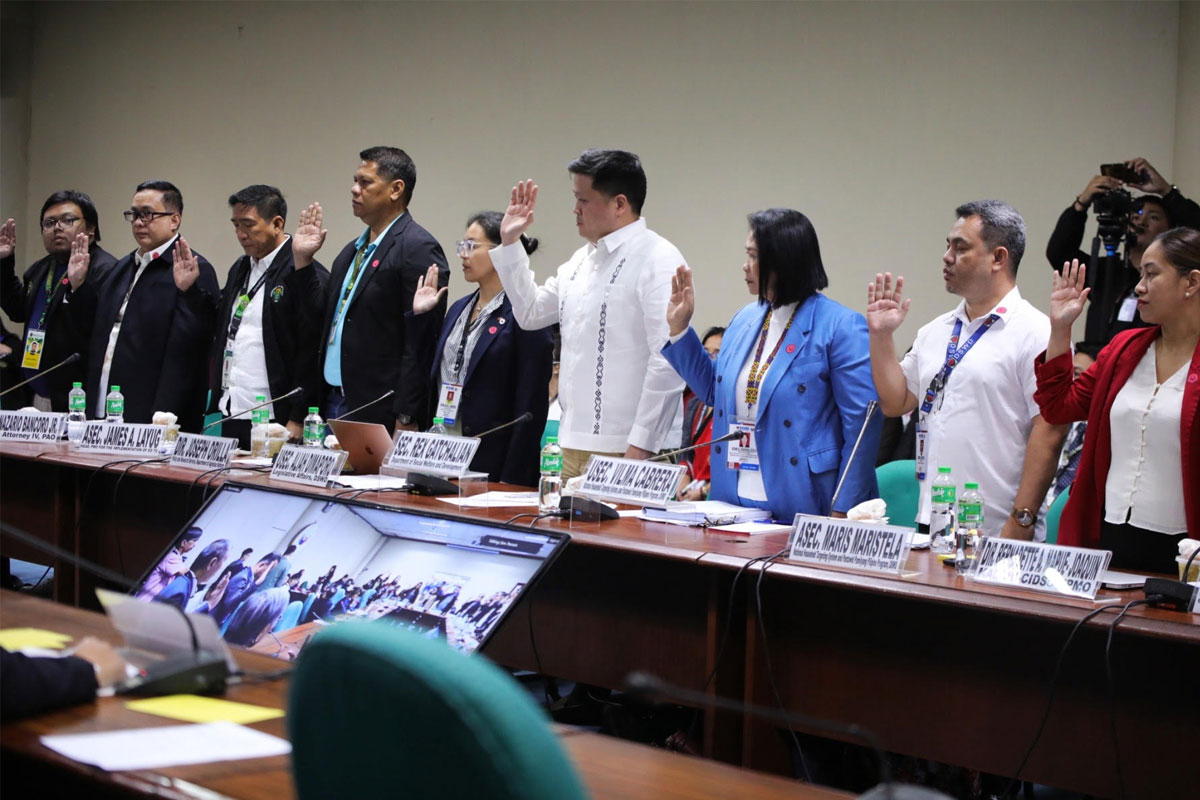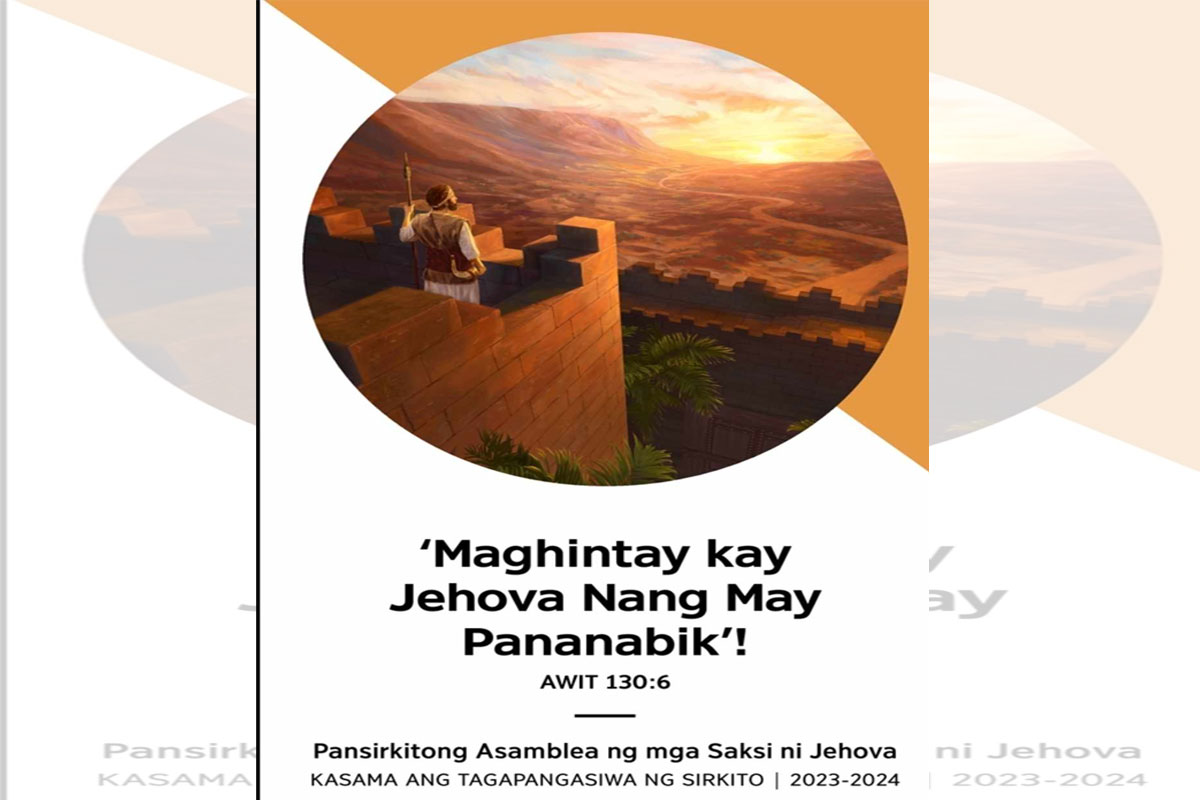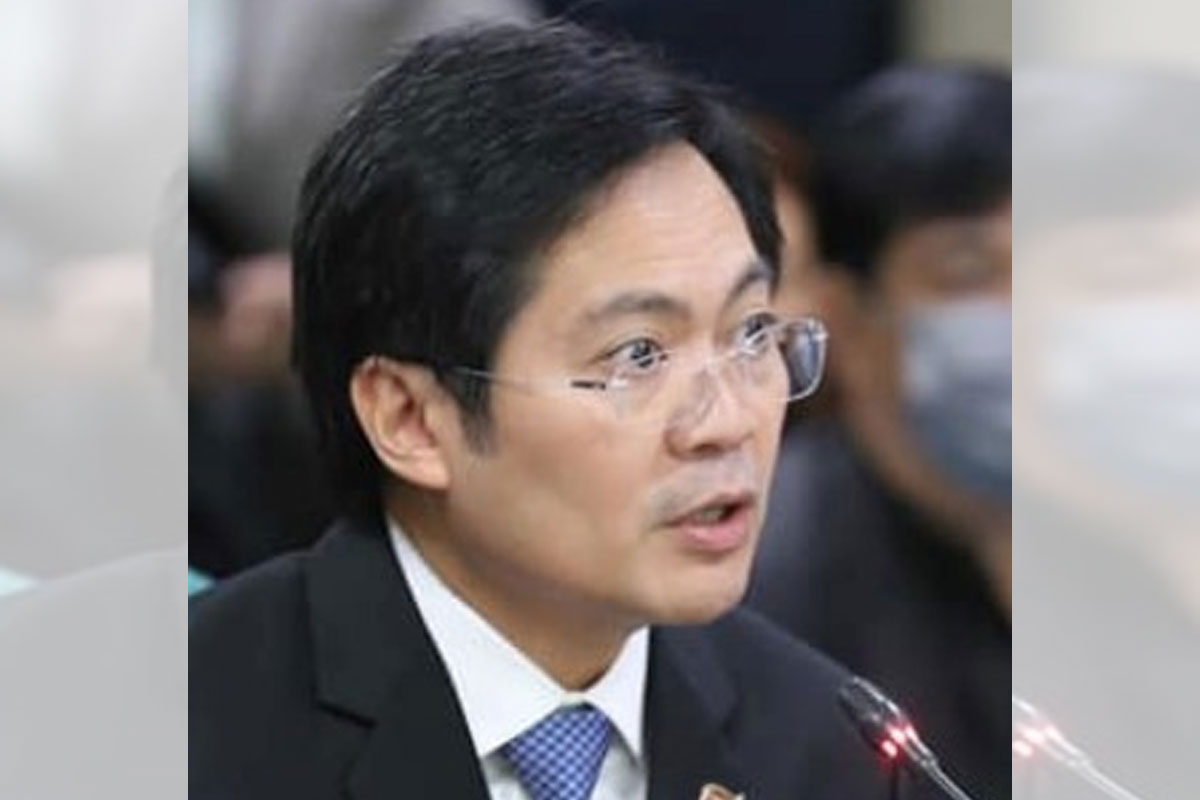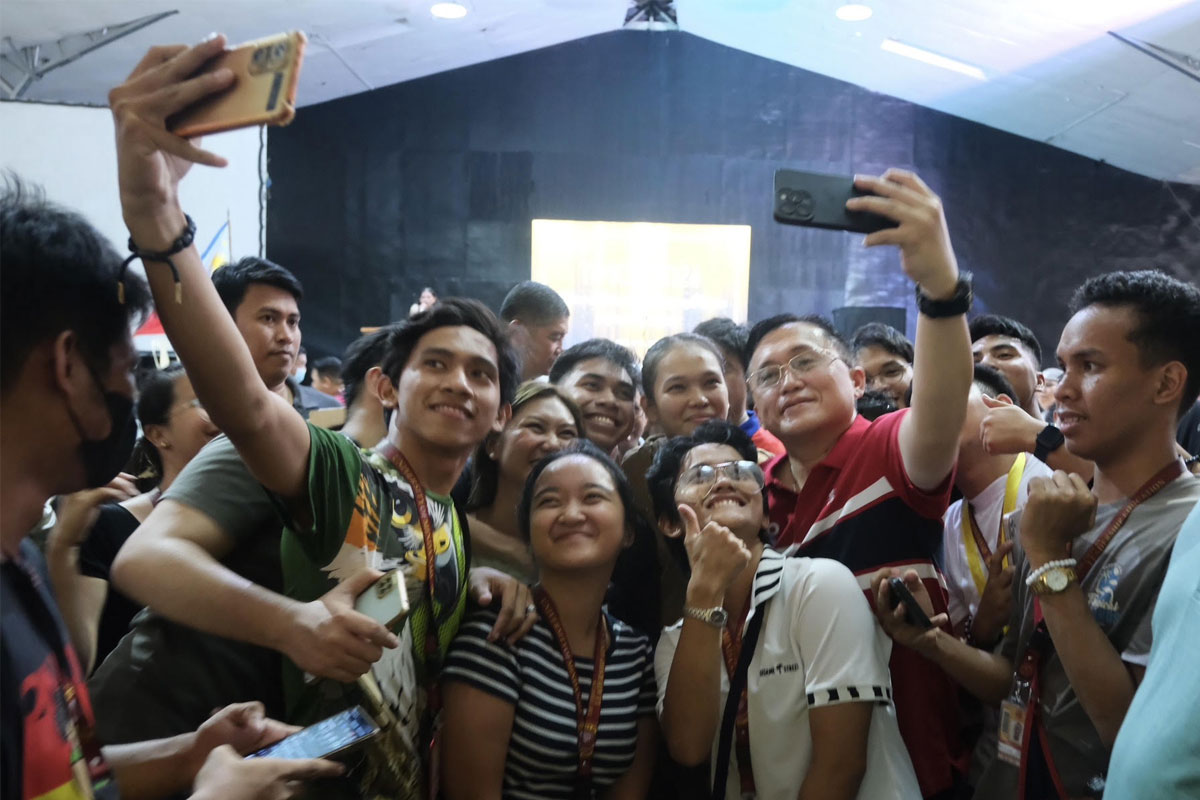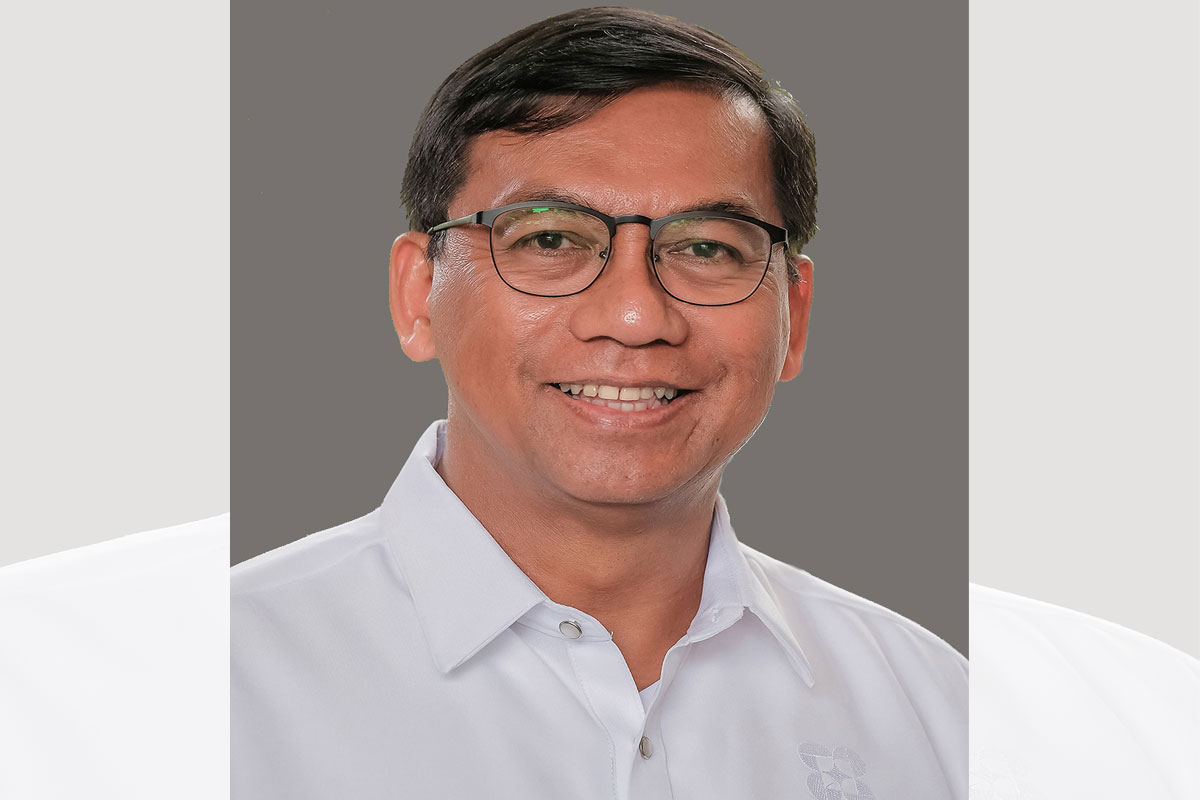
Basic sciences, sustainable development emphasized at IYBSSD launch at UST
STRENTHENING foundational knowledge and highlighting the importance of basic sciences in our daily lives are vital now more than ever. To aid this endeavor, the University of Santo Tomas, through its College of Science, partnered with the Department of Science and Technology-National Research Council of the Philippines (DOST-NRCP) to celebrate the Philippine launch of the International Year of Basic Sciences & Sustainable Development (IYBSSD) on October 7, 2022, at the UST Paredes Building.
IYBSSD emphasizes that the basic sciences provide means to meet crucial challenges of survival and learning, like universal access to food, energy, health coverage, and communication technologies, and can help limit or reduce climate change, depletion of natural resources, and extinction of living species. With such a scope, it is no wonder that the basic sciences are key to the United Nations’ Agenda 2030 for Sustainable Development.
DOST Secretary Hon. Dr. Renato U. Solidum, in his message, expressed that by constantly trying solutions generated from basic science research, alleviating the existing and anticipated problems in the Philippines is possible. He explained that, “We need to tackle health, energy, transport, water and environment, climate and disaster resilience, and these need to be supported by human resources development through scholarships until Ph.D., and training. We also need to focus on upgrading our laboratories not only at the national level, but most importantly, also at the regional and provincial levels. All of these need to be integrated through transformed governance, through data transformation.”
Solidum added that, “I hope that as we launch IYBSSD Philippines today, we also start to strengthen our plans to create more research-based and science-based solutions to achieve the sustainable development goal (SDG) targets.”
The UST Vice Rector for Research and Innovation Rev. Fr. Jannel Abogado, O.P., in his opening remarks, said that the IYBSSD wished to “emphasize the orientation of basic science. With it, we can affirm that scientific knowledge sought in basic research is undertaken not just for the sake of generating knowledge, but also to ensure that those concerned with the applied sciences will have a robust foundation in understanding reality to ground their innovative technologies that will ensure the preservation and sustainability of the ecosystem that makes human flourishing possible.”
DOST-NRCP President Dr. Cristine Villagonzalo echoed this sentiment, saying, “We need to emphasize that the level of technologies that we enjoy today, such as in communication and transport, are not due to just one decade, but many decades of groundwork in basic science. An individual fundamental scientific discovery may have no immediate application or commercial impact, but from our panel discussion, we will learn how long lineages of basic scientific research will eventually lead to something useful and add value to our daily lives.”
IYBSSD Chair and renowned particle physicist Prof. Dr. Michel Spiro clarified this by highlighting that many key developments, such as the vaccines and treatments against COVID-19 were borne out of basic biology; the internet that society relies upon was originally invented at Conseil européen pour la recherche nucléaire (CERN/European Organization for Nuclear Research) due to the need to share information among scientists; and cellular phones function due to its internal transistors, circuits, and codes – all of which were developed through basic sciences.
Spiro, who is president of the International Union of Pure and Applied Physics (IUPAP) and was involved in the discovery of the intermediate W and Z bosons at CERN, said that “Basic sciences are curiosity- and inquiry-driven. They are the foundations of education and the sources of discoveries, which turn into applications. They can then serve an inclusive sustainable development (improving global equity and well-being together with a healthy and lively planet). All together, these elements can boost collaborative and open basic sciences. This is the virtuous circle we want to promote during IYBSSD and after. To achieve this goal, we shall need you, teachers, scientists, the private sector, decision makers, and society at large to share this vision and act accordingly.”
The interdisciplinary panel discussants were: National Scientist and biochemist Prof. Lourdes J. Cruz, Ph.D., infectious disease expert and Academician Jaime C. Montoya, M.D., Ph.D., social scientist Prof. Rosalie Alcala-Hall, Ph.D., marine scientist Prof. Ephrime B. Metillo, Ph.D., and Psychological Association of the Philippines President and UST academic staff Prof. Marc Eric Reyes, Ph.D. They were joined by the discussion moderator Dr. Nikki Heherson A. Dagamac from the UST College of Science.
The discussants were united in agreement when it came to the point that strengthening education initiatives and support systems would be a strong force for sustainability practices to become systemic. Montoya, in particular, emphasized that, “the problems SDGs address are already existing, so we have to transcend the boundaries between science and society. The poor appreciation of science and how it affects our everyday lives is still there. Communication is essential; tell people how science impacts their lives.”
The IYBSSD launch proceedings remain available for public viewing through the official Facebook page of the UST College of Science (facebook.com/ustgalingscience)
The year-long celebration, which was proclaimed by consensus of the 76th United Nations General Assembly, will last until June 2023.




